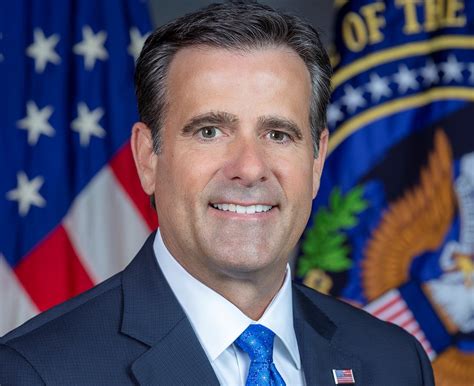A Quote by Asha Rangappa
Counterintelligence is, in effect, chasing ghosts, which is why the tools used to investigate foreign intelligence activity are secret, like human sources or electronic surveillance.
Related Quotes
My view is that the cyber threat is bigger than any one government agency - or even the government itself. But the FBI brings a rare combination of scope and scale, experience, and tools to the mix. We investigate criminal activity like intrusions and cyber attacks, but we also investigate national security threats like foreign influence.
What we're really debating is not security versus liberty, it's security versus surveillance. When we talk about electronic interception, the way that surveillance works is it preys on the weakness of protections that are being applied to all of our communications. The manner in which they're protected.
I am disturbed by how states abuse laws on Internet access. I am concerned that surveillance programmes are becoming too aggressive. I understand that national security and criminal activity may justify some exceptional and narrowly-tailored use of surveillance. But that is all the more reason to safeguard human rights and fundamental freedoms.
































